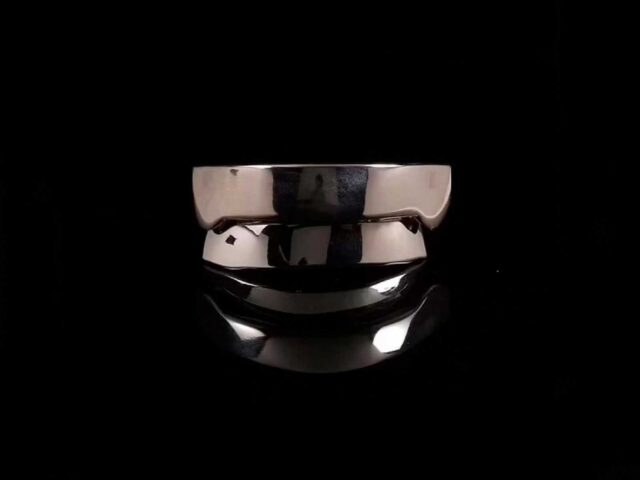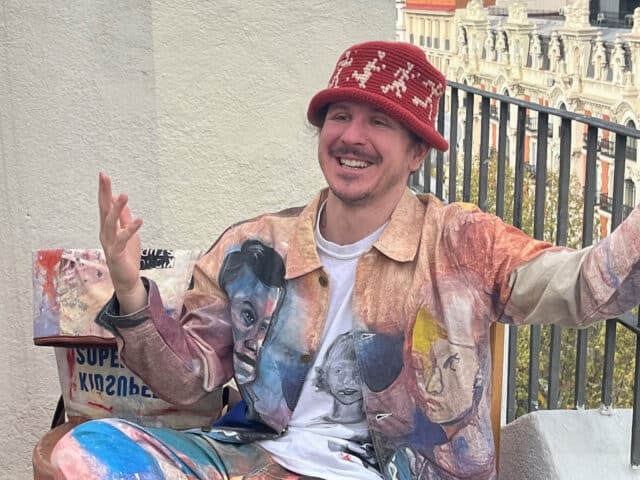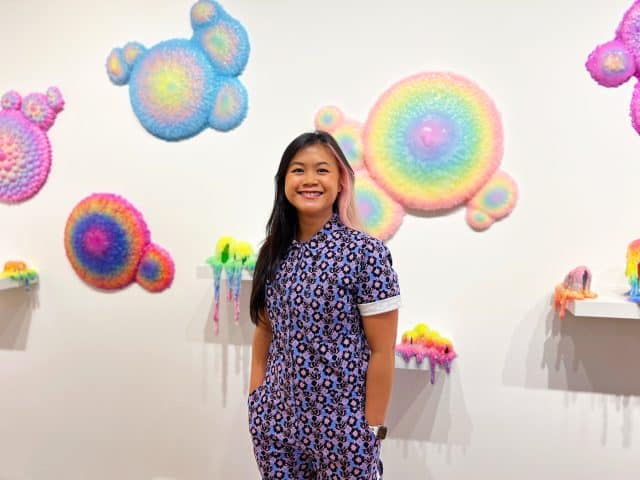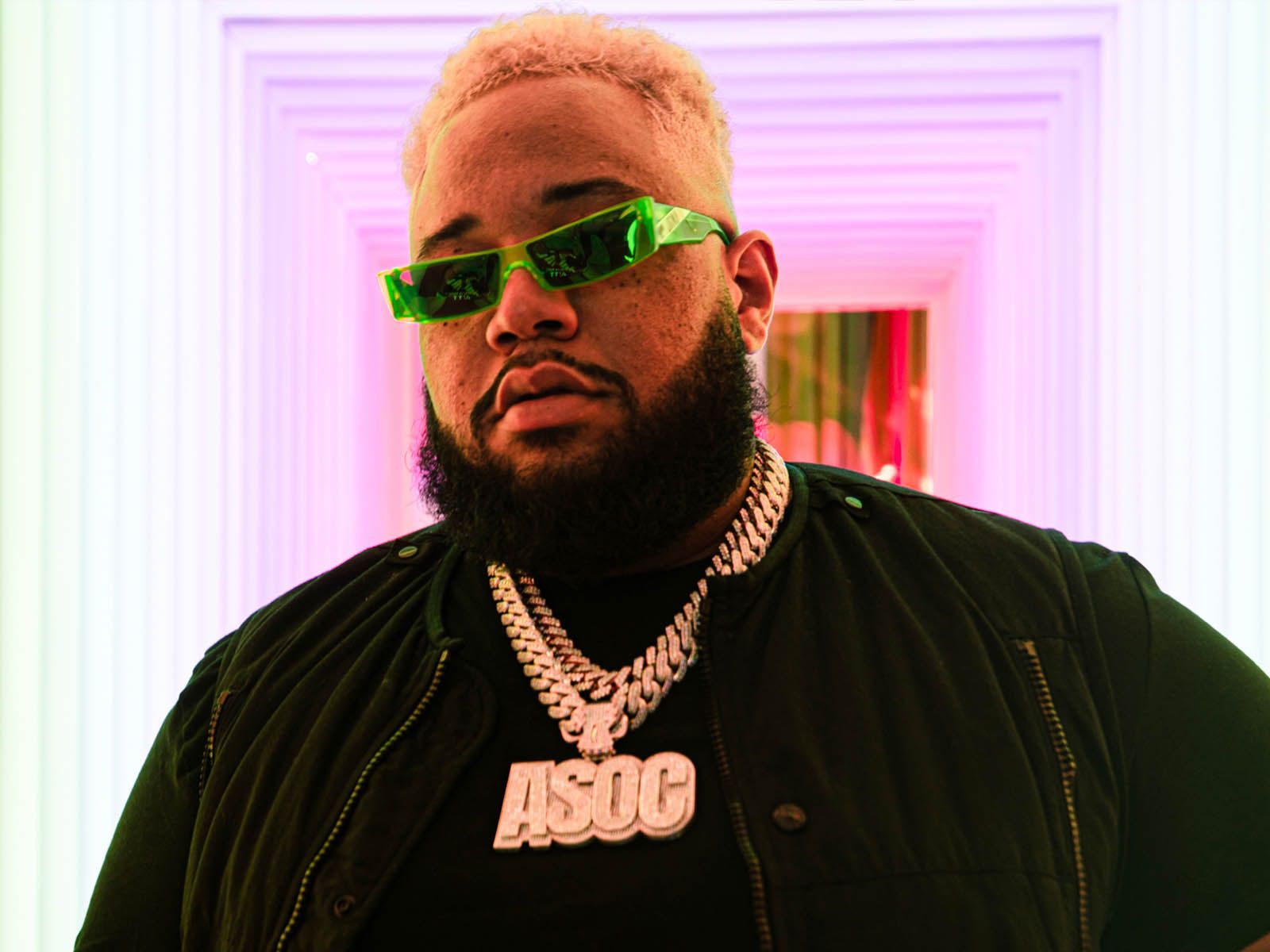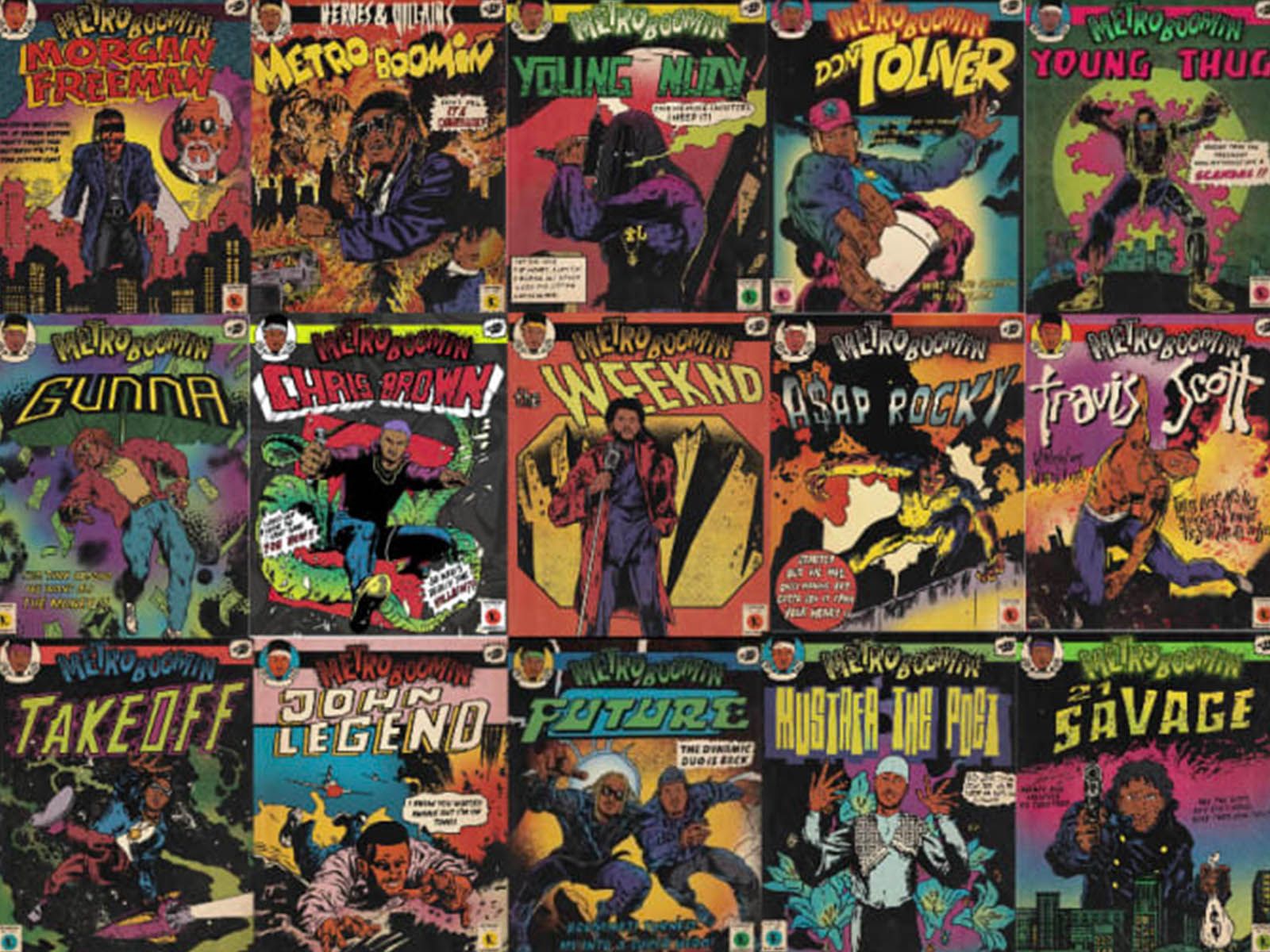Wekaforé Maniu Jibril (@softblackboy), was born in Lagos, Nigeria, into a family of artisans. Father architect, mother textile producer and a grandfather tailor were the perfect mix for Weka (as his friends call him) to develop a personality rich in creativity.
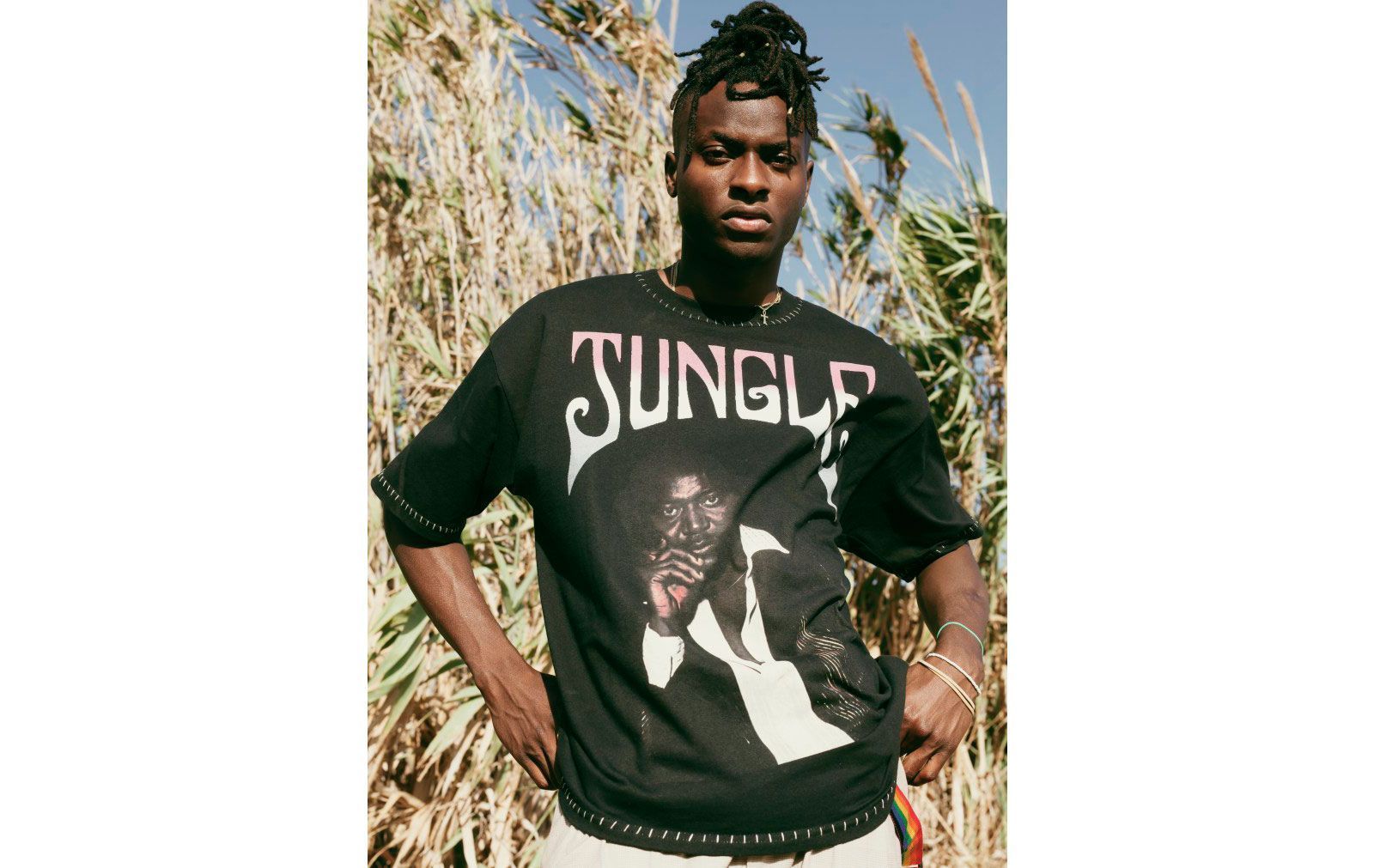
From his first stitches, at just ten years old, to today, countless things have happened that have helped to build the foundations of his own clothing company, Wekafore (@wekafore). A language that explores the reinterpretation of the African urban style before Americanization and pays tribute to his grandfather, who never had the opportunity to see how fashion developed in city life.
A unique proposal with an aesthetic based on nostalgia and the reinvention of blackness that delves into an elegant African tailoring with a street sensibility of the 70s. We talked to Weka about his past, present and other firms from the great African continent.
—
Highxtar (H.) – Your designs have the afro-retro air of the 1970s, tributes to the disco and funk culture of the post-colonial era. They are the aesthetics of a few years that you did not live… What attracts you so much from the past?
Wekafore (W) – I am really attracted to the mentality of free thinking and self-expression that existed then. It was an era that showed how the multi-faceted African life can be, an era where we had options.
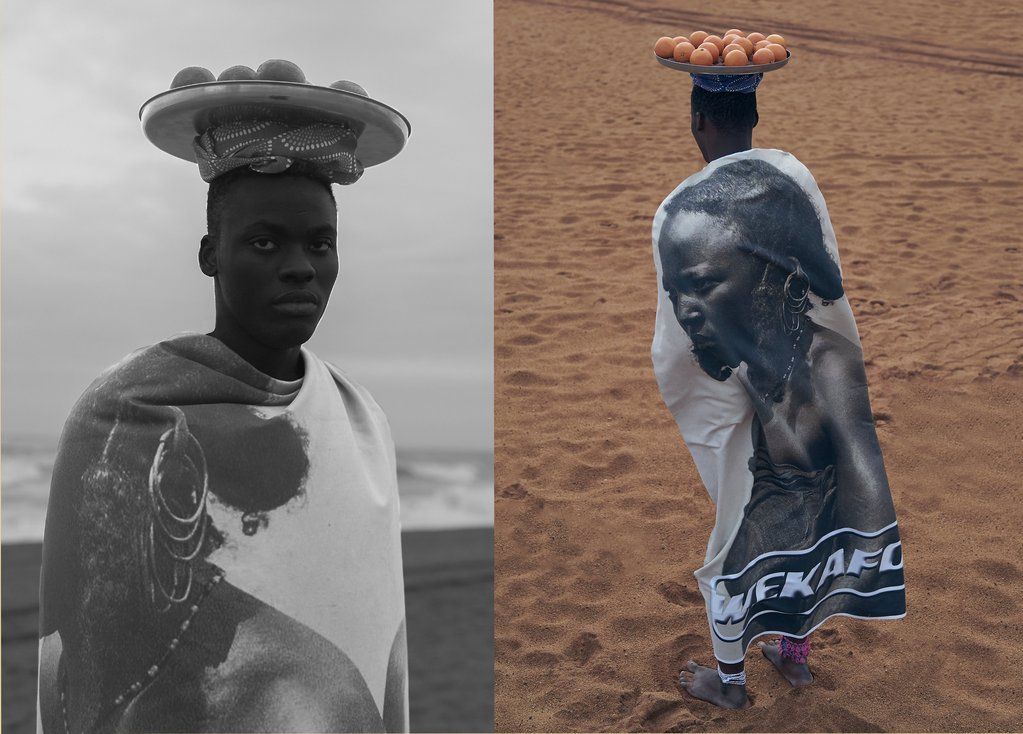
H. – This nostalgia is found in your collections inspired both by a particular person, such as your grandmother Florence, and by a festival celebrating Africanism such as Festac Town. Is wekafore’s vision more individualistic or collectivist?
W – I think my vision is both individual and collective. Firstly, we as individuals need to pursue self-awareness and then as a collective of self-aware beings we can begin to make grand changes and progressions in our societies.
“People are scared to have a message or an opinion because it might make them lose some popularity”
Wekafore
H. – From wanting to be a preacher to thinking about how religion is one of our biggest problems, what other things have changed within you as the years and countries have gone by?
W – A lot has changed, but I’m still the same person, everything I was meant to be.
H. – Making African fashion far from Africa and promoting its industry outside the country seems a complex matter, why did you choose to study design in Spain?
W – Making African fashion from afar is complex but I believe Africa is inside of me, the brown soil from the lands that I have walked barefoot are now part of my skin, the aesthetic is part my soul, not something you can learn nor forget.
I moved from Dubai to Bilbao, because I was attracted to the story of Cristobal Balenciaga, of how something so special could come from such an unlikely place and his migration. I guess I am doing the same thing, I’m not from here nor there.
Wekafore: Festac Town Campaign 2016/2017
H. – Critical with the globalization system and concerned about the loss of cultural roots caused by migratory movements, what do you do to stay linked to your origins in your daily life?
W – I listen to a lot of different types of African music, I hang images of godlike African women like my mother around my house, and I… just let the spirit live in me.
H. – What is the part of the way of understanding fashion in your country you miss the most, and what is the biggest difference with the Spanish scene?
W – Fashion in my country is very individual, there are no structures like Zara or Desigual so you hardly see people wearing the same outfits, everyone has something bespoke in their wardrobe and are not shy to wear it anytime any day. Here in Spain, a lot of people are scared to show off and that’s what I want to bring to the Voodoo Club (@thevoodooclub), expression through personal extravagance.
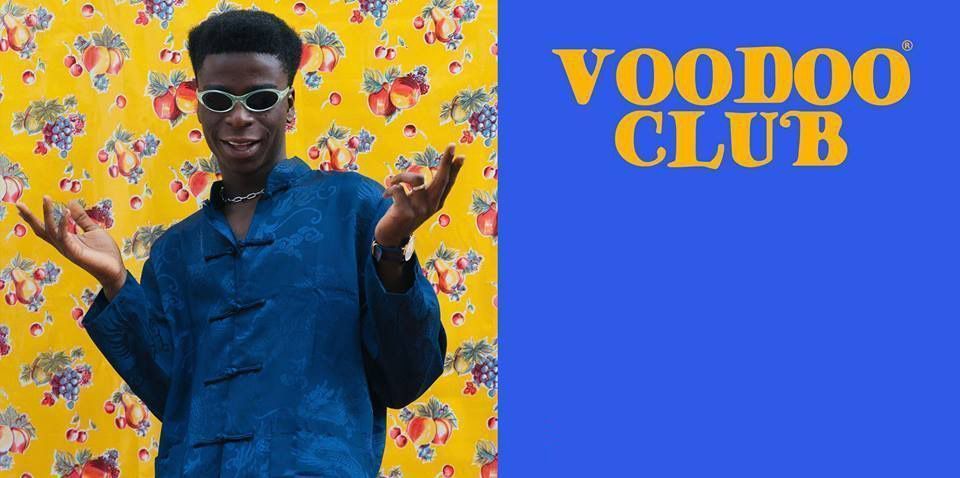
H. – Precisely, the images of your last campaign were taken with African children born in Spain, what advice would you give to second-generation youngs who are not yet aware of what the diaspora means in their lives?
W – My advice will be: be curious. Search for answers and ask questions. Look for the spirit.
H. – Wekafore is created in-respect of your grandfather’s work as a tailor in his village. Which clothes would you choose to show your grandfather how fashion is in the city life?
W– Thats a difficult question, I will need to talk to my dad about that one.
H. – The fashion industry is expanding internationally and creating bridges that can serve to connect very different cultures, how do you see this potential in the future of fashion? What would you change about the “internal policy” of the industry?
W – Yes I think through the influx of the new contemporary African awakening we will be able to have more discourse between both worlds. Hopefully with fashion and aesthetic we will develop a conscience and be able to learn one or two things about respectful cultural and economical interactions.
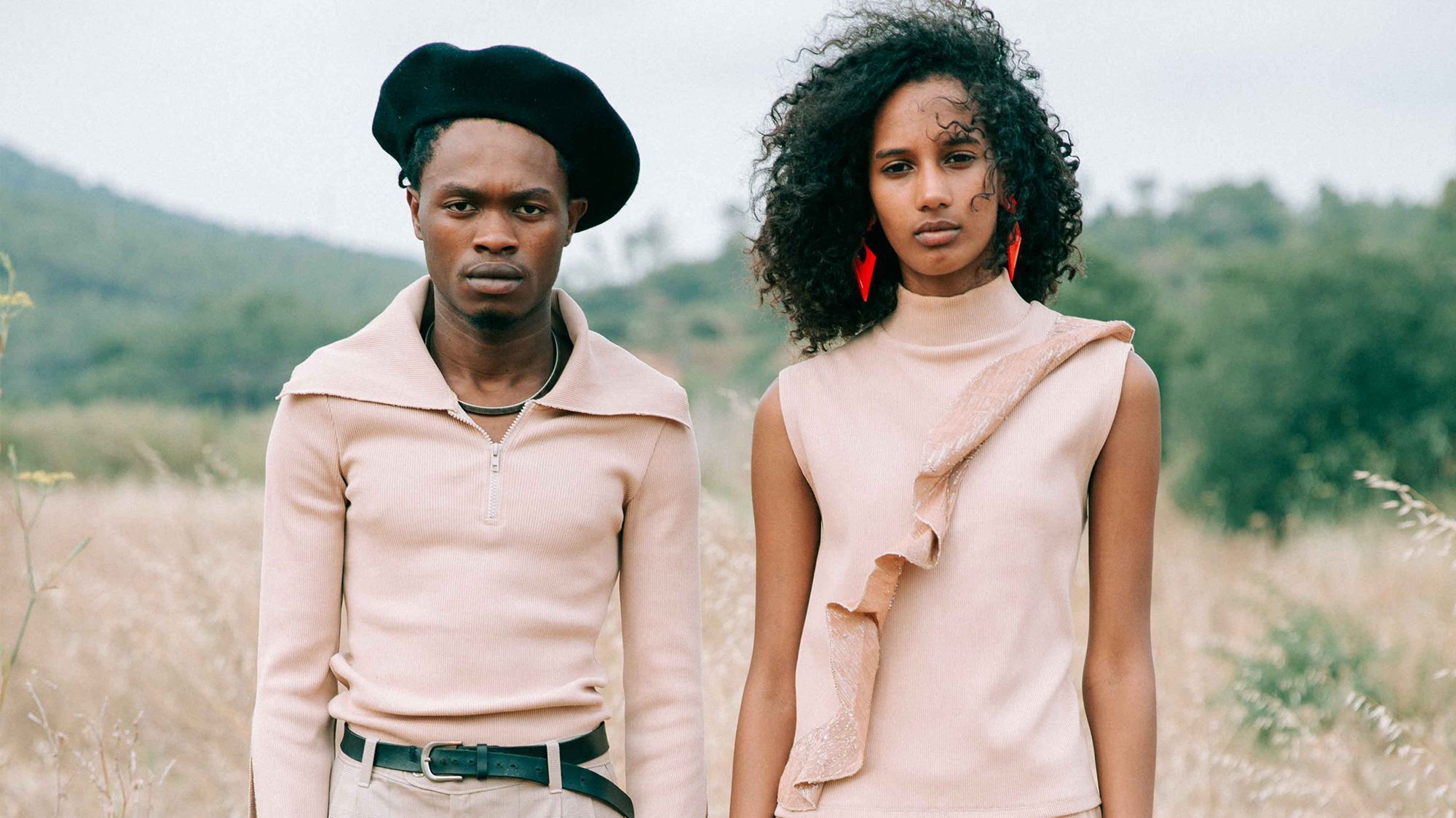
H. – You say that the social part of designing is the most important thing for you and that your brand is your main tool of propaganda, do you think that there is a message behind the main current fashion brands?
W – I think the fashion industry is very Americanised you know, Hollywood shit. Where pointless popularity is valued more than respect or class, people are scared to have a message or an opinion because it might make them lose some popularity. So its a game of ‘satisfy everybody’, I am not playing that game, I don’t think Wekafore is not for everyone.
H. – Your message can reach many people, but it can also cause confusion in other ones. I’ve read that you’ve even been labeled as racist because of your blackness speech, what would you say to people who aren’t familiar with this kind of activism?
W– I don’t have the time to explain to people who are not progressive enough to understand that Wekafore can be super black and also super universal at the same time, its 2018. You can google these things.
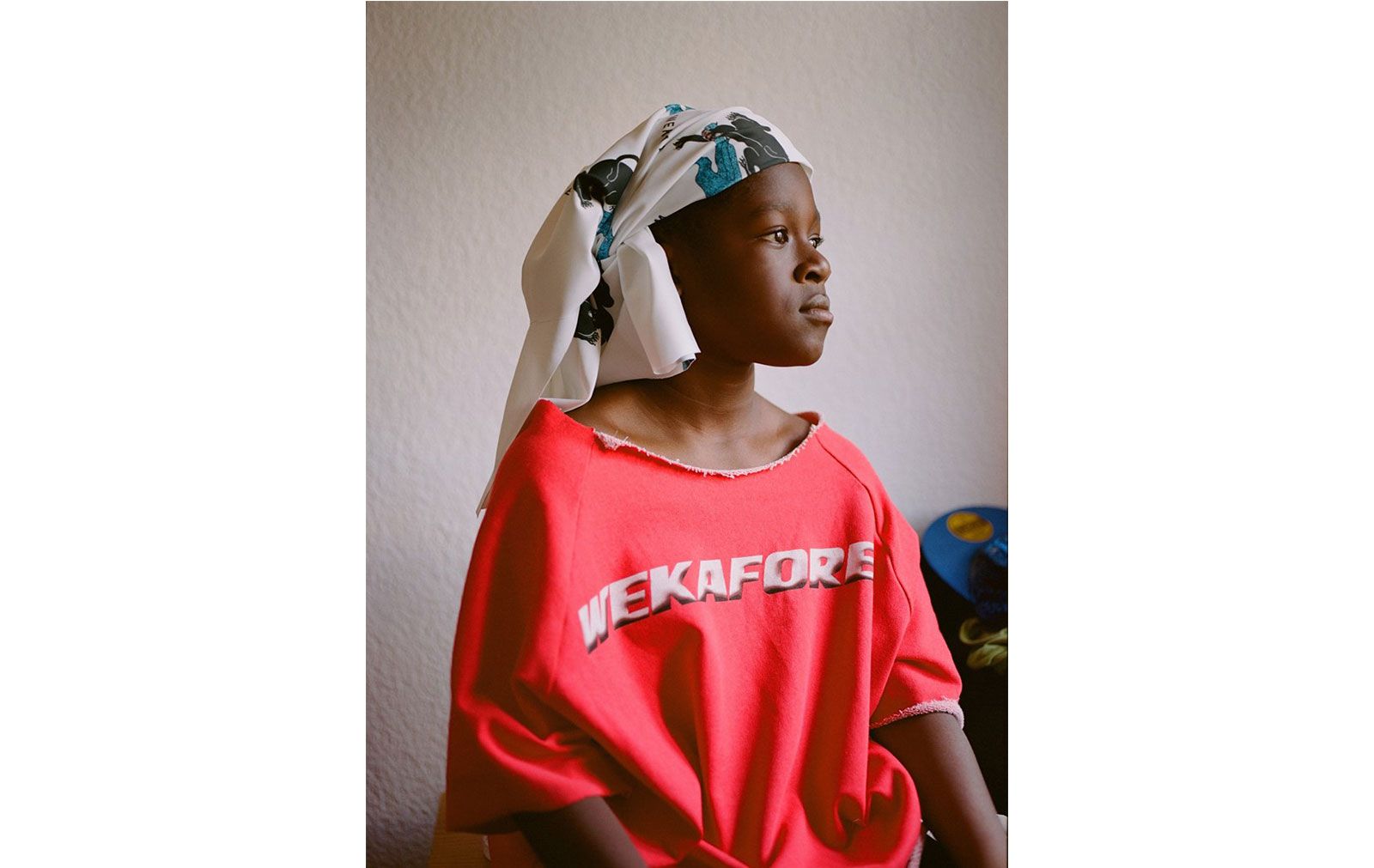
H. – In the process of creating your own brand with such a powerful message, what importance do you attach to the origin of the materials or manpower in the creation of your collections?
W – It is very powerful, and I’m working towards that. Not just symbolism but real empowerment.
H. – Finally, we would like you to discover us some African designers or brands that we should know.
W – Maki Oh de Lagos (@maki.oh), Rich Minsi (web) from Sudáfrica, Maxhosa (@maxhosa), Motherlan (@ourmotherlan), Waffles & Cream (web), all really unique and cool stuff.
–
#mustfollow:
Sigue toda la información de HIGHXTAR desde Facebook, Twitter o Instagram
You may also like...
